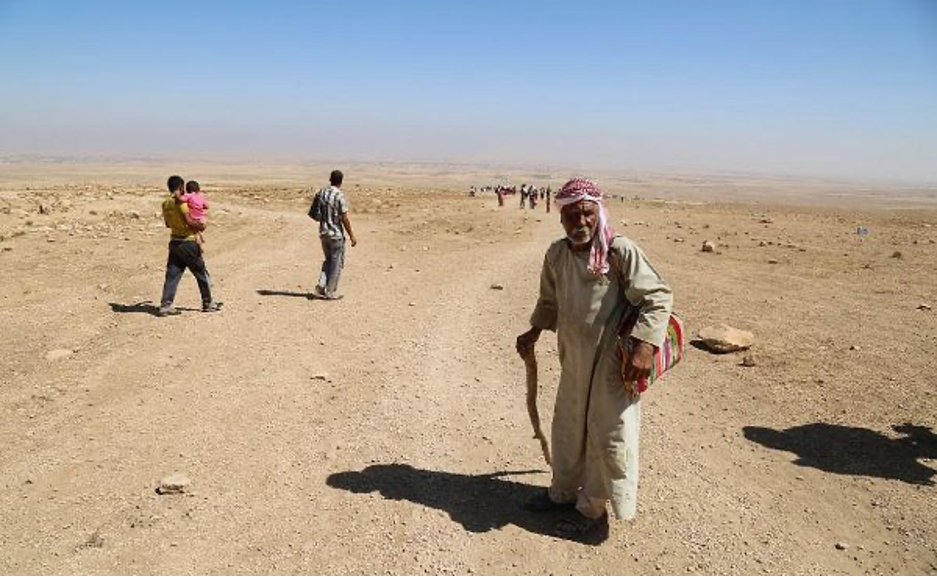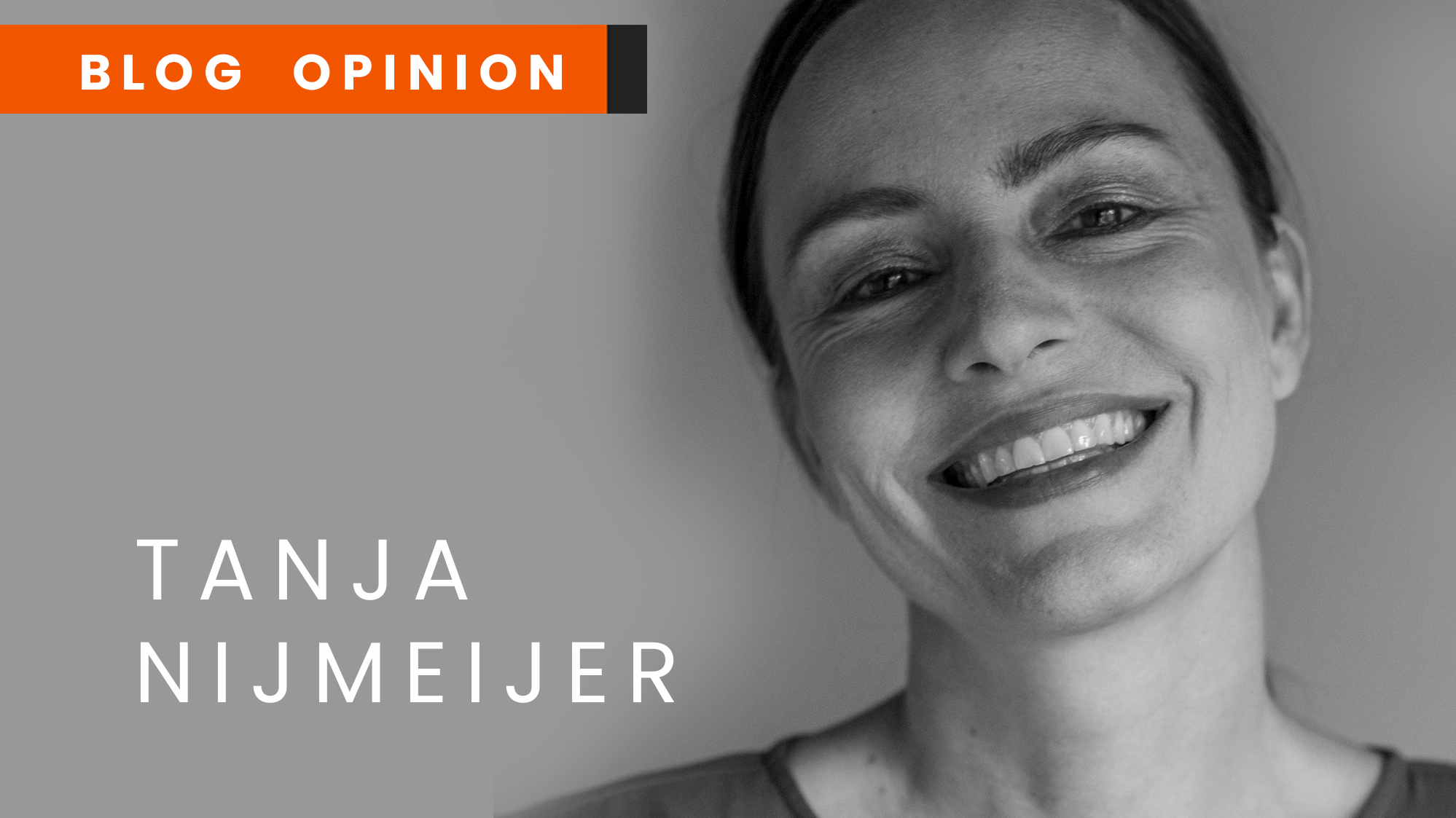PKK, the Workers Party of Kurdistan: many people know their name, but few really know what their struggle is about. I had the opportunity to speak with two representatives of the PKK’s women’s organization – PAJK, Zelal Dersim and Asia Dicle, about the situation in the Middle East, IS, the role of the United States, the peace process with the Turkish government and, last but not least, the PKK struggle for freedom. This is the second part of the interview.
Part II: IS seen through the eyes of PKK guerrilla forces
“The daily events in the Middle East“, writes Öcalan, their leader, who has been kidnapped and imprisoned since 1999, “are marked by many conflicts, which are not understood by the Western world, because they seem to elude the rationality and logic of the West”.
TN: How do you explain the rise of IS?
“We think you should see IS within a context of US attempts to protect their interests in the region. For us, it is clear that IS is part of Al Qaeda. The United States used the movement led by Osama Bin Laden for their interests in Afghanistan; in the same way, they are trying to use IS in the whole region of the Middle East now”, says Zelal Dersim.
Asia Dicle: “The Middle East is a very complicated area for imperialism, it has its own nature. There are many countries that are directly controlled by imperialism, like Turkey, Saudi Arabia, Egypt, Israel, and Jordan. But there are some countries that imperialism has never been able to control completely, like Syria, Iran, Iraq, and Libya, among others. Many of the countries in the Middle East are not 100% capitalist; their cultures have many feudal aspects. The collision between capitalist societies and the feudal reality many people – mostly in the countryside- experience, produces a depression that has to find its way out: people want things to change. For the US, it is of utmost importance to block any alternative to the capitalist system – like for example democratic confederalism (1), the ultimate goal of the PKK. In one word, they try to block the hope for democracy through their worldwide paramilitary apparatus.
Another important aspect, according to Zelal, is that the region is rich in oil and other natural resources. England, France, and the US; all have had a direct presence in the region to exploit them. But lately, this concept of “direct intervention and exploitation by countries” has been adapted; now, big multinational companies are representing their interests in the region.
PD: Why do you think the US is fighting against IS now?
Zelal: First of all, we know that the US, when they said they had bombed IS, what they were really bombing was the desert. They know perfectly well where the central command posts of IS are located so there is no way of talking about mistakes here. There has never been any US attack against IS. All the terrorists of IS travel freely between Turkey (where there are some of their camps) and Syria. They go to the hospital in Turkey when they are wounded and travel to Syria again without any problem. Turkey also supports them.

TN: Why are they holding up the facade of combating IS then?
Asia: After the war in Iraq, where 2 million people died, the anti-American sentiment of the people in the Middle East has deepened a lot. Not even the many wars the country experienced had killed that many people. The US knows well that they are not popular in the region. So when this really cruel and blood-thirsty IS movement rises, the forces in South Kurdistan were shocked and not prepared to face such a threat. The KDP Peshmerga (2) asked the international community for money and support. For the US this was the perfect opportunity to show that they are not so bad after all.
Zelal: The PKK has known these kinds of policies by the US for many years. First, they turned Al Qaeda into the perfect enemy and the perfect excuse to invade Afghanistan. They didn’t succeed in the Arab Springs and they tried then with IS to intervene in Syria as they are not going to intervene directly. In Libya, they used the same policy.
That’s why we call for the forces in Kurdistan to get united and we try to bring together different movements from Kurdistan and people from the Middle East to fight in an organized way against IS. We should form one big front against IS, but without nobody trying to dominate or crush anybody else. The PKK has the power to open the doors to democracy in the Middle East because we are organized and we have precise ideas about what we want. Moreover, if democracy is established in just one country, it will have a domino effect; other countries will follow.
We were carrying out much diplomatic work before the IS attacks, we were putting the basis for the establishment of democracy. Imperialism tries by all means to block our diplomatic relations, and of course, the assassination of three of our comrades in Paris (in January 2013), who were establishing diplomatic relations, had to do with that.
TN: What role do powerful countries like Iran or Syria play?
Zelal: As you say, Iran is important, it is a powerful country. International media say that Iran has nuclear weapons, which is a lie. Since 1979, when the Islamic Revolution took over power in Iran, the imperialists try to attack it. But we also criticize Iran because it is not using its immense power to democratize the region. It is not interested in what happens outside the borders of the country; it is not interested in establishing democracy in the region. It is very conservative, too; there are some anti-democratic practices (like hanging people, for example) and that is something we condemn. Syria has the same problem. At some moment, it had the power to carry out democratizing processes in the whole region, but it didn’t do it. More so, it became an ally of Turkey against the Kurdish people. That was a mistake of course, Turkey is a member of NATO and an ally of the United States. This way, Syria sent a message to the West that he was going to work with them, but it didn’t keep in mind that the United States has its own project in the Middle East and follows only its own interests. Ghaddafi tried to get closer to the West and they were saying quite positive things about him, but afterward, they killed him anyway. We are independent and don’t play to the rules of imperialism; we don’t need its weapons or its money, if they want to give something, let it be humanitarian help for the people in the region.
TN: Why are so many young people from the West joining IS?
Zelal: In Europe, there are many Arabs and many people who we call “the losers of capitalism”: drug addicts, unemployed people, uneducated people, etc. There is an intense long-term preparation for this kind of people, those who are not given any opportunities by the capitalist system. They are using religion and the religious sentiments of people to get them organized and sent them to Turkey and Syria. Their families don’t say anything; Western states don’t say anything, either.
(1) Democratic Confederalism: This is a type of administration that could be called a “Democracy without a State”. The State only administrates, while democracies govern. States are based on power; democracies are based on collective consensus. The mandate in a State is being defined by decree, although in part it can be legitimized by elections. Democracies use direct elections. The State uses coercion as a legitimate means; democracies are supported by voluntary participation. Democratic confederalism is open to other groups and political factions. It is flexible, multi-cultural, anti-monopolistic, and consensus-oriented. Ecology and feminism are fundamental pillars (taken from: “Democratic Confederalism” Abdullah Öcalan, International Initiative Edition, 2012).
(2) KDP: Kurdistan Democratic Party: One of the biggest parties in the Iraqi part of Kurdistan, founded in 1946. It is a movement of national liberation, but it is not leftist, it should be seen more like a clan organization, closely linked to the Barzani family. Its leader from 1949 to 1979 was Mustafa Barzani, who still remains the father of the Kurdish national movement. The Peshmerga are Kurdish combatants in Iraq (either from PDK or from PUK).
